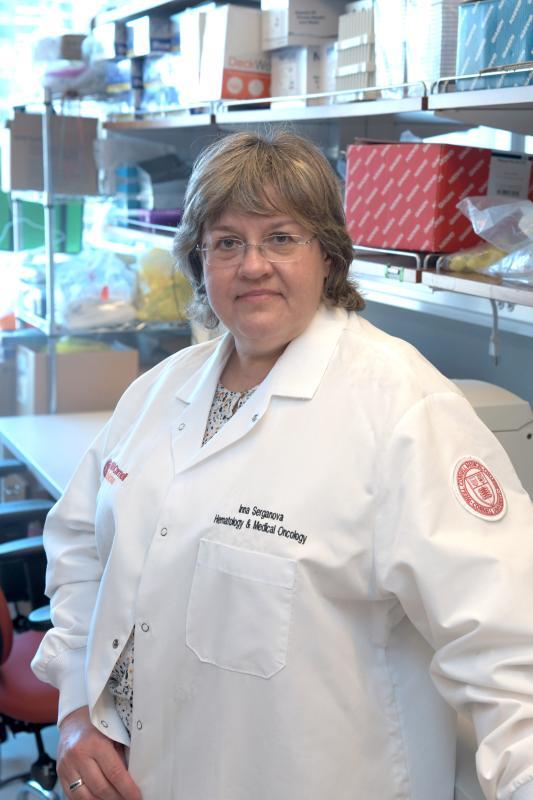I received my B.S. (Biology) degree from the M.V. Lomonosov Moscow State University, ranked as the best university in Russia and completed my Ph.D. at the A. N. Bach Institute of Biochemistry and the Institute of Protein Research, the top-ranked research institutions of the Russian Academy of Sciences, where I acquired a broad knowledge of protein biochemistry and received training in molecular biology.
After coming to USA, I joined Memorial Sloan Kettering Cancer Center (MSKCC) as a postdoctoral fellow in Dr. Blasberg’s lab in 2001. During my postdoctoral studies and participation in the In Vivo Cellular and Molecular Imaging Center (ICMIC) at MSKCC, I became professionally competent in cancer cell biology and molecular imaging. My research interests have been mainly centered on using various imaging modalities to explore and understand the complexity of the tumor biology with the focus on the cancer metabolic reprogramming. I proposed and developed several molecular imaging approaches to monitor the temporal dynamics and spatial heterogeneity of hypoxia-inducible factor-1 (HIF-1) activity in tumor-bearing living mice (Serganova et al., Cancer Research, 2004). We also showed the time-dependent accumulation and degradation of the HIF-1α protein with greater sensitivity by using bioluminescence imaging (Moroz E et al., PLoS One, 2009).
In parallel, I extended my interest in the tumor metabolism toward understanding of the role of lactate and LDH-A on tumor growth and the development of metastases (Serganova et al., Clinical Cancer Research, 2011; Rizwan A, Serganova I et al., Clinical Cancer Research, 2013) which led to the appreciation of the immune microenvironment in these settings. Based on this I developed a close collaboration with Drs. Zappasodi , Merghoub and Wolchok resulting in collaborative publication in 2021 “CTLA-4 blockade drives loss of Treg stability in glycolysis-low tumours” in Nature. This work is providing evidence that the manipulating intratumoral Treg function and metabolism can optimize cancer therapy. I am supported by the NCI R50 CA221810-04 grant, which is giving me the opportunity to broaden my scientific training in immunology and contribute to discovering more effective cancer (immuno) therapies.


